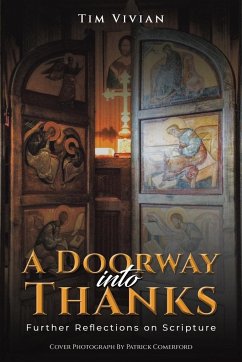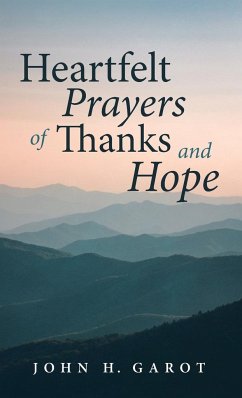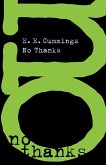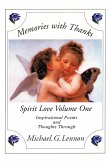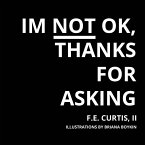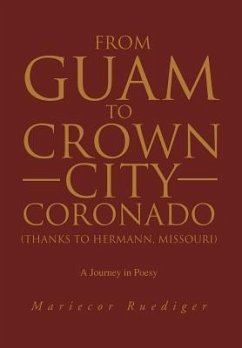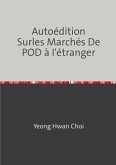Poetry should be transitive, and deal with something other. Thus, a doorway offers transition, liminal space, an invitation, a going across, into possibly numerous somethings other. We can't assume, however, that the door is always open; if closed, we need to open it. A doorway can confront us: Have we the courage to reach for the handle? Given the horrors of 2020 and 2021, we must open the door both to grieving and thanksgiving. The poems here are midrashim. Midrash is a reflection on scripture. These poems first imagine passages and stories from the Bible and then reimagine them: they build stages, create, and breathe life into characters, and landscape biblical passages with new, often challenging, backgrounds. Many of the poems here have religio-political subtexts. The poems speak of darkness, the things that darken our country and our hearts, but they also speak of the life-giving lights of mystery, wonder, and thanksgiving, the things that give us hope. As writer and poet Louise Erdrich tells us, "This is how our lives complete themselves, / as effortless as weather, circles blaze / in ordinary days, and through our waking selves / they reach, to touch our true and sleeping speech."

